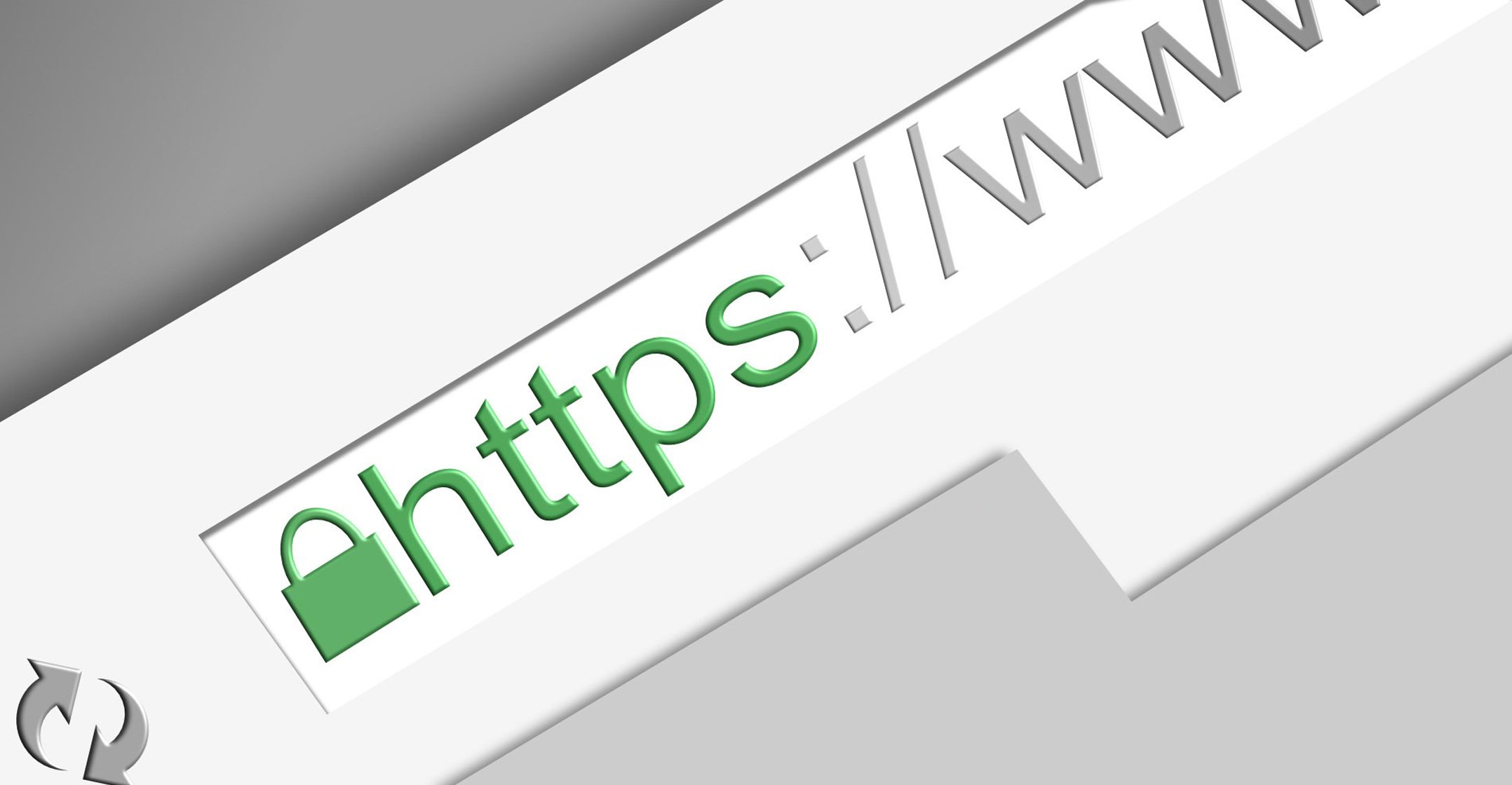 Many legitimate businesses have been affected by an increasing number of abusive or offensive domain-name registrations. The abusive activities and offensive practices of domain-name scammers can damage a brand’s identity and reputation.
Many legitimate businesses have been affected by an increasing number of abusive or offensive domain-name registrations. The abusive activities and offensive practices of domain-name scammers can damage a brand’s identity and reputation.
Domain-name scammers are constantly registering domain names aimed at misleading the public. In most cases, the intent is to defraud a potential customer.
In South Africa, an ongoing trend is one where fraudsters impersonate well-known brands by registering a domain name similar to that of an authentic brand.
An example: A scammer creates a website that mimics a particular government department and calls for tender submissions from unsuspecting businesses. The scammer uses government department letterheads to send fake tender documents to potential bidders.
What constitutes an abusive practice or use of a domain name?
Distribution of child pornography: This involves sharing of inappropriate material illustrating children below the age of 18 years engaging in acts of a sexual nature, often with the intention of inducing stimulation on the part of the receiver. This distribution is often done online.
Phishing: The use of fake websites to commit theft or fraud by tricking recipients into divulging sensitive information such as usernames or passwords.
Pharming: The redirection of unknown users to fraudulent sites or services, typically through DNS hijacking or poisoning.
Fraudulent websites: The use of websites designed to mislead users as part of a fraudulent scheme, such as an “advance-fee fraud”.
Wilful distribution of malware: The dissemination of software designed to infiltrate or damage a computer system without the owner’s informed consent. Examples include, but are not limited to, computer viruses, worms, Trojan horses and key loggers.
Malicious fast-flux hosting: Use of fast-flux techniques to disguise the location of websites or other Internet services to avoid detection and mitigation efforts or to host illegal activities. Fast-flux techniques use DNS to frequently change the location on the Internet to which the domain name of an Internet host or name server resolves.
Botnet command and control: Services run on a domain name that are used to control a collection of compromised computers or “zombies”, or to direct denial-of-service attacks.
Spam: The use of electronic messaging systems to send unsolicited bulk messages, whether commercial in nature or not, transmitted by e-mail, instant messaging, website or Internet forums, or any other means.
Illegal access to computers or networks: Illegal accessing of computers, accounts or networks belonging to another party or attempting to penetrate security measures of a system to which access has not been granted.
 The role of ZADNA
The role of ZADNA
The .ZA Domain Name Authority (ZADNA) was established in terms of the Electronic Communications and Transactions Act 25 of 2002 to regulate and administer the .za domain namespace.
ZADNA is also responsible for determining overall general policy and strategic direction of the .za domain namespace. Numerous policies have been implemented with the aim of seeking to ensure that .za is safe, resilient, robust and in compliance with international best practice.
To mitigate the rise in abusive or offensive domain-name registrations, ZADNA has formulated a resolutive initiative as outlined below.
How to lodge a .za domain-name dispute?
.za has a proven alternative dispute resolution (ADR) against cybersquatting and intellectual property abuse in .co.za, .net.za, .org.za and .web.za domains.
The .za ADR is informed by section 69 of the Electronic Communications and Transaction Act. Regulations are also in place to ensure effective enforcement of the ADR process as provisioned by the act.
In terms of the regulations, a complainant can lodge a complaint against a domain-name registrant if the complainant believes that the domain name is abusive or offensive.
To lodge a .za domain name dispute, the complainant can contact any of the accredited ADR providers such as the South African Institute of Intellectual Property Law or Arbitration Foundation of Southern Africa. Further details on the .za accredited ADR process can be obtained here.
- This promoted content was paid for by the party concerned




